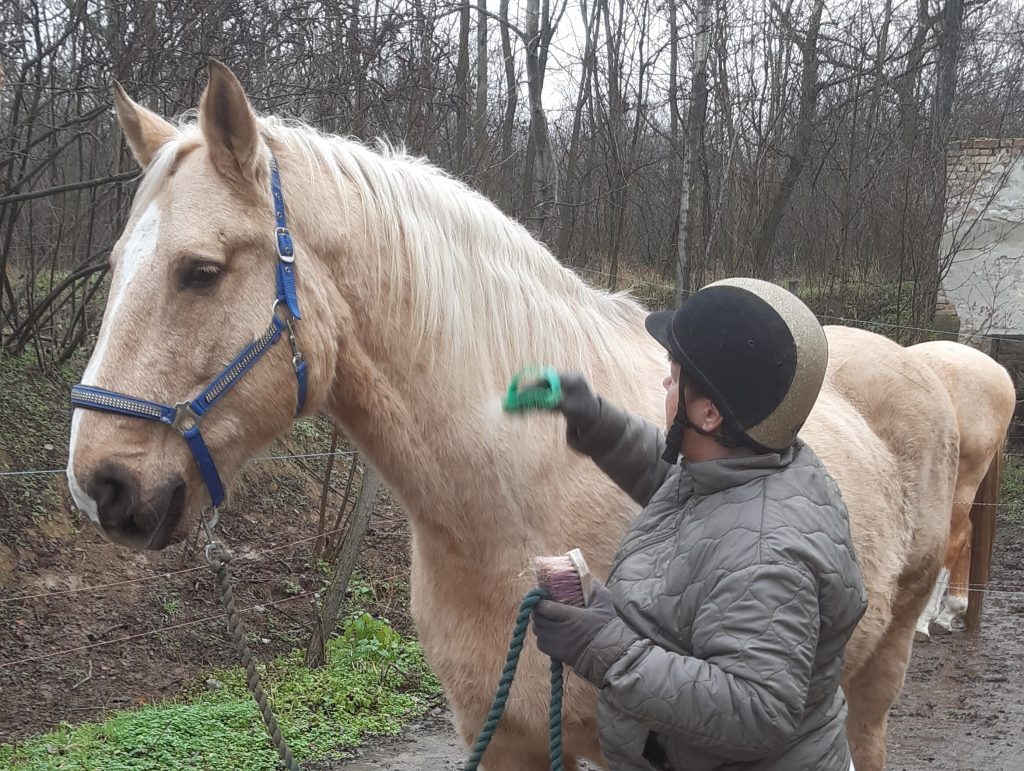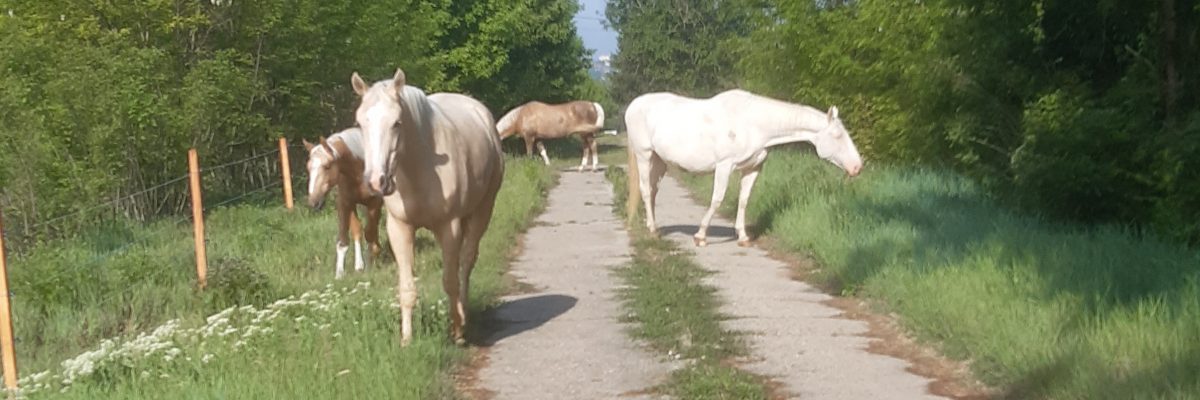Have We Forgotten What We Have Seen?
Yesterday, I hosted a webinar where we discussed animal welfare and equine well-being. The recording will be released as a podcast next Wednesday. We held a similar webinar last spring on the same topic, so what has really changed in the last six months?
About a year ago, several issues regarding poor horse management practices were brought to light, and many felt that “the bubble must burst now.” It may not be very visible, but more work is being done behind the scenes than people realize. Changing a whole culture, deeply ingrained behavior towards horses, sports, and competitions doesn’t happen overnight.
So, what should we do instead? That was a key question during the webinar. People want to know what they can do! How should I approach this? I want to be kind to my horse, but on the other hand, I also enjoy competing!
We don’t want to stop competitions, and it’s also difficult to implement new rules and laws everywhere. People think common sense should prevail, but it’s clear that it doesn’t always. Especially during competition, when nerves are frayed and large sums of money or fame are at stake, it’s easy to push your horse just a little too far – something that could be detrimental to its well-being.
As I said yesterday, how do you eat an elephant? One bite at a time. Education is key, and we must start with those who teach others. Begin with riding schools, equestrian high schools, and other institutions that educate young riders on how to interact with horses in harmony.
Why is the first thing we buy for a young rider a whip? “Oh, it’s so cute with a pink whip!” people say. Yes, you don’t have to hit the horse with it, but why include it at all? Riding with a whip is an art form when used as an extension of the arm, but beginners don’t need any extra length! Instead, buy nice grooming brushes for the young rider. And if you want something decorative, get them a nice shirt!
We can all do small things and set good examples. Not everyone likes to hear that they’re doing something wrong, but they are watching how you behave, and hopefully, they learn from what they see.
A lot has actually changed, though it’s happening slowly, so it might feel like we’re standing still. Take something as simple as letting your horse go barefoot – today, this is widely accepted. Just a few years ago, if you didn’t shoe your horse, you were seen as irresponsible and a bad owner. Riding without a bit is also accepted now, whereas before, only “Indians” or reckless people did that.
Horses no longer stand in stalls 24/7, and we’re more aware that they need to eat regularly to stay healthy. Additionally, outdoor access for horses has significantly improved.
A lot is happening – open your eyes, and you’ll see! It warms my horse-loving heart to see more and more people doing their part to improve the welfare of horses.
Horses have been with humans for hundreds of years, and no one is saying we should return to a time where only wild horses exist. But we can learn to understand them better and give them a better life with us.


